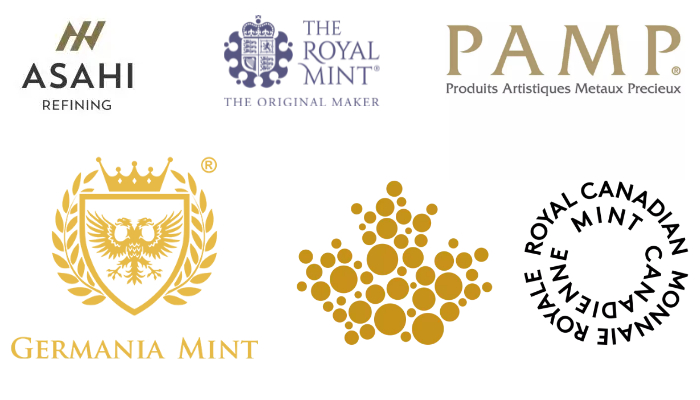An Overview of Emerging Markets in Precious Metals Refining
The industry of refining precious metals is changing as a result of emerging markets. In the ensuing decades, nations like China, India, and Russia are likely to control the world gold market.
1. Asia-Pacific Region: Unlocking the Potential
- For instance, China has a middle class that is expanding quickly and has a taste for gold. The demand for gold has soared as China’s economy has prospered. According to some estimations, China is currently the world’s top gold producer.
- Another rising economy that is boosting gold demand is India. India’s culture is heavily influenced by gold, which is seen as a reliable store of wealth. Gold imports from India account for a sizable portion of world demand.
- The gold market is a market that Russia is also competing for. Russian central bank has been purchasing gold to shift its investments away from the US dollar. Russia has massive gold deposits and mines.
2. Latin America: Rising Demand and Local Advantages
The demand for precious metals like gold, silver, and platinum has driven up refining operations in nations like Mexico, Peru, and Chile. These nations have a great deal of raw material sources, thereby rendering them important suppliers to the refining industry. Furthermore, refineries in the area have a benefit over their competitors because of their closeness to significant markets, cost efficiency, and employees.
With an extended tradition of silver mining, Latin American nations have the opportunity as leaders in global refining.
- Mexico is currently the largest producer worldwide of silver and has been mining silver since the 1500s. There are operations of significant mining firms, notably Fresnillo, the biggest primary silver miner.
- Another major silver provider with a 500-year extraction history is Peru. One of the biggest publicly traded precious metals industries in the world, Buenaventura, has its headquarters in Lima, Peru. They run a number of mines in Peru that generate silver as a byproduct.
3. Africa: Untapped Potential and Future Growth Prospects
- With an estimated 63% and 94% of the world’s platinum and palladium resources, respectively, South Africa’s territory is the location of some of the greatest platinum and palladium reserves on the planet.
- The platinum group metals (PGM) mining industry has focused on South Africa’s Bushveld Complex. The Bushveld Complex is home to major mining firms like Anglo American Platinum, Impala Platinum, and Lonmin.
- Over 90% of the platinum and an important percentage of the palladium that is mined worldwide is owned by these three firms. Altogether though, South Africa is positioned to lead both PGM mining and refining to its enormous resources as well as support from the government.
4. Middle East: Leveraging Economic Strengths for Refining Excellence
The geographical region has grown to be a vital provider of raw materials to the international market thanks to its enormous deposits of gold, silver, and other rare metals. Modern refining operations have been meticulously invested in by nations like the United Arab Emirates, Saudi Arabia, and Qatar, luring foreign investors to establish them as major refining hubs. They have an economic advantage in the international trade in precious metals owing to their excellent location at the crossroads of key routes of trade and robust infrastructure.
The Benefits and Challenges of Entering Emerging Markets in Precious Metals Refining
It provides a chance for significant development chances, which is one of the primary advantages.
- Valuable metal reserves tend to remain undeveloped in emerging markets, allowing access to new sources of raw materials.
- Furthermore, the growing demand for precious metals in these regions may result in a wider consumer base, broadening the industry’s reach.
- Additionally, due to lower wages as well as manufacturing costs, doing business in emerging markets can be financially advantageous.
But managing these marketplaces is not without its difficulties.
- Complicated political and legal problems can make investing problematic.
- Effective operations depend on knowing local regulations and cultivating connections with officials.
- Challenges could also be posed by linguistic difficulties, variances in culture, and emerging company practices.
- In addition, upholding environmental and social norms is necessary to win support and maintain long-term growth.






